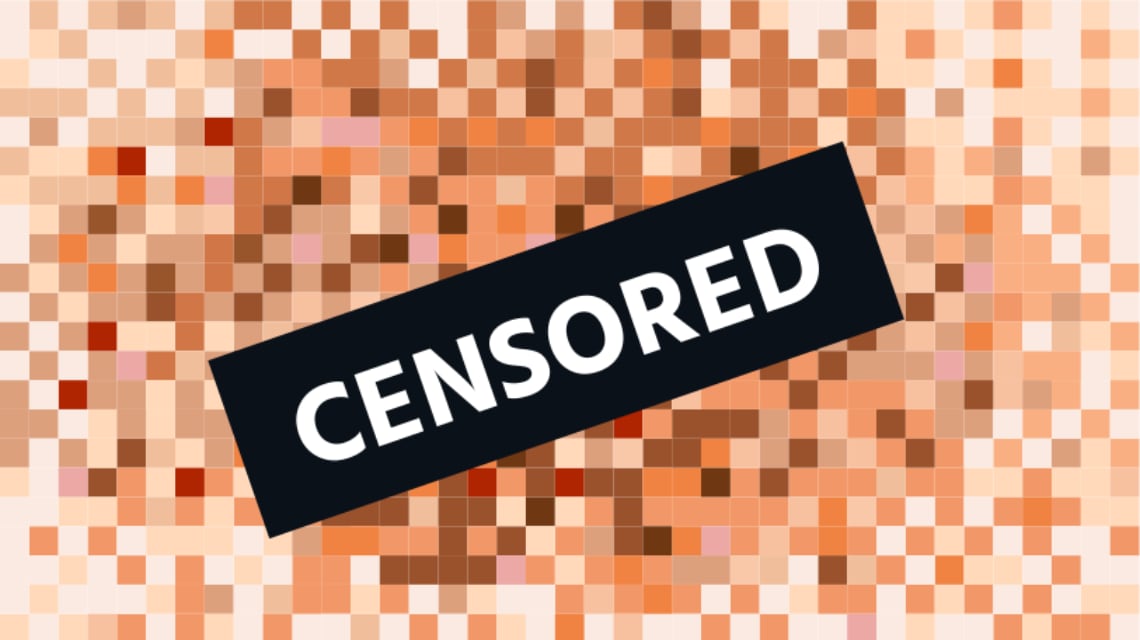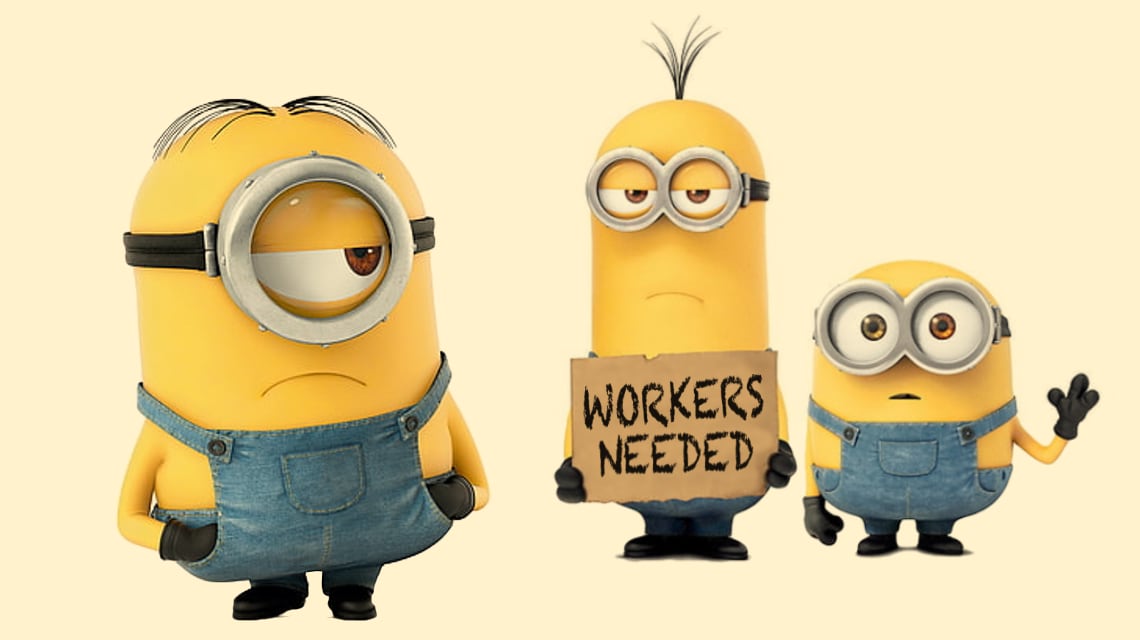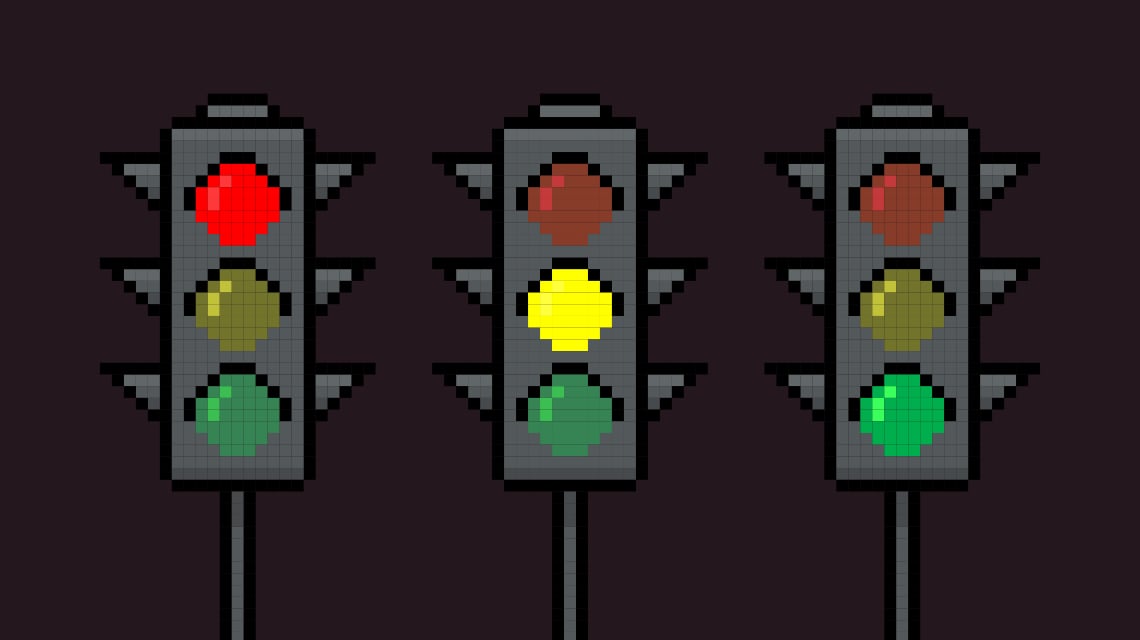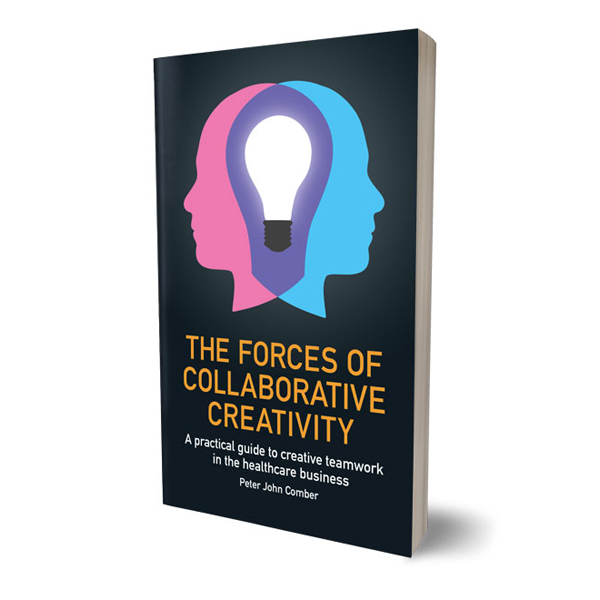Authenticity, outrage and censorship.
People and brands must resist being silenced.
Joni Mitchell and Neil Young have told Spotify to remove their songs from the platform in protest over Joe Rogan’s no-vax remarks during his Spotify-hosted podcast. This is just one example of many that have occurred recently in what seems to be an accelerating trend. To sum it up with a slogan: “Censorship is good (again)”.
I find this deeply concerning. In a healthy society, the ideas, and beliefs that we share evolve over time. New ideas challenge old ideas and sometimes replace them. The free competition of ideas is healthy; dissent and argument are desirable. Different interpretations of events and evidence are the result of diverse contexts and experiences. In an age, that (finally!) promotes diversity we should strive to accept and even make efforts to encourage disagreement, the acceptance of nuance, and the recognition of complexity.
Censorship and its by-product, self-censorship, are not problem-solving solutions, they are problem-ignoring solutions. 48% of Gen Z, 44% of Millennials, 39% of Gen X and 38% of Baby Boomers agree with the following statement*: “I don’t tell people my opinion if I think they will disagree.”
Fear of discussing and debating issues with those with different opinions is a barrier to mutual understanding. It stifles authenticity. We must resist the pernicious idea that ‘those who are wrong’ must be silenced. More than forty years ago Joni Mitchell and Neil Young started writing protest songs and used their creativity to express ideas and opinions they cared about. As their fame grew their voice became a means for creating awareness and breaking down barriers. I wish they had both been moved to write protest songs about Joe Rogan and his no-vax views instead of boycotting a company in an attempt to censor him. As Kurt Vonnegut said: “If we are wounded by an ugly idea, we must count it as part of the cost of freedom.”
* Data from Ford Trends 2022. Survey conducted by The Harris Poll of 14,025 individuals in 15 countries.





